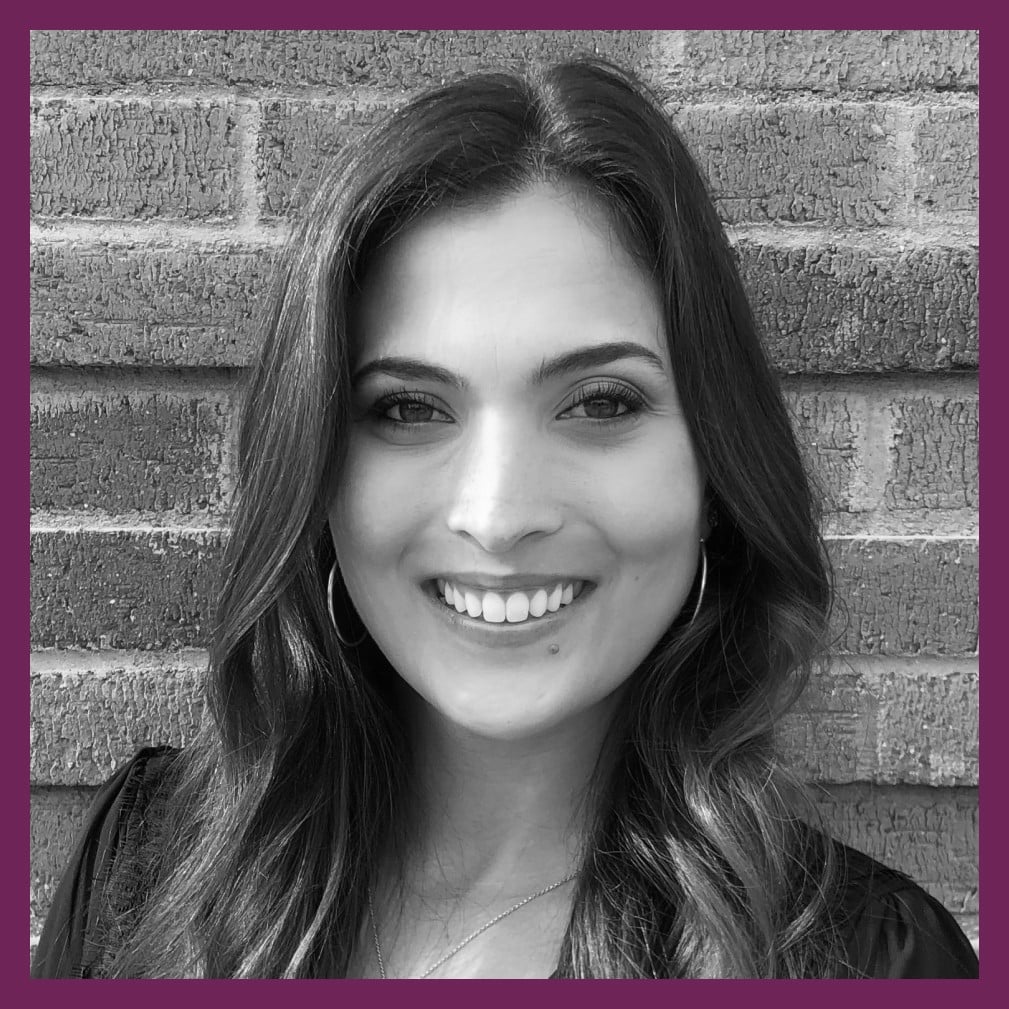As a nurse in the neonatal intensive care unit, Sarah cares for the smallest, sickest and most vulnerable patients in any hospital. This is more than a career to her: She herself spent the first three months of her life in the NICU, having been born very prematurely as one of three triplets. She grew up knowing that she owed her life to those who care for premature babies, and she wanted to become one of them. So although Sarah has only been a NICU nurse for two years, it is perhaps no surprise that she has already excelled—she understands what NICU families go through on a very deep and personal level.
One common problem in the NICU is that many of the babies rely on respiratory devices like C-PAP and nasal cannula, which put constant pressure on their tiny noses. Premature babies’ skin is not yet fully developed, putting them at increased risk of pressure wounds. Sarah realized that there was no established nursing protocol to protect these babies’ noses from pressure injuries. So she came up with one herself: She developed a step-by-step nursing procedure to evaluate the nasal-septal area, set a standard frequency that the evaluation should be done, and came up with adjustments that could be made to the devices to make a pressure wound less likely. Then she trained the other nurses on this practice bundle, looped in respiratory therapists, and added this assessment to charting. Her efforts resulted in a marked decrease in nasal-septal pressure injuries in her unit. In fact, the bundle was so successful that she presented it at the National Association of Neonatal Nurses and the entire system at UCLA Mattel Children’s Hospital will soon adopt it.
Caring for NICU babies and their families is tremendously complex on every level: technologically, biomedically, and interpersonally. Sarah was literally born to do this work, and she excels at it. She dreams of becoming a preceptor, so she can share what she knows with other nurses.



